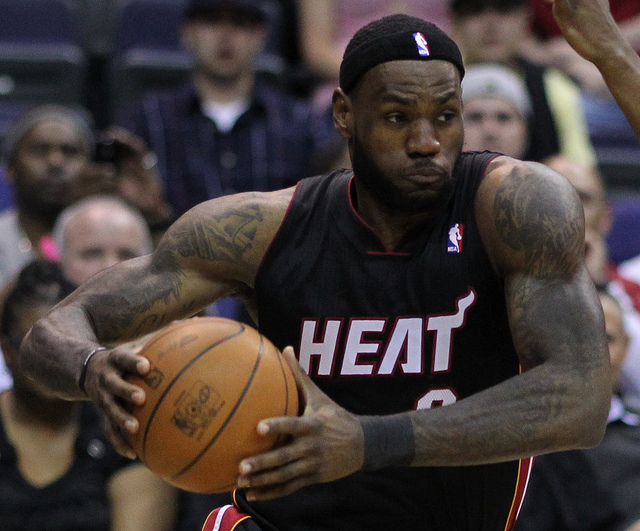In the book
Trust Agents, authors
Chris Brogan and
Julien Smith chronicle the emerging power of employees who become the manifestation of brands, especially in the online and social media worlds.
Scott Monty, who until recently was the global head of social media for Ford, is one example of an employee whose social media aptitude and thought leadership created a halo effect for his employer.
I am living proof of the impact of this concept, as I purchased a Ford Flex in 2011 only after being given a ride in one by Monty at the SXSW interactive festival two years prior. The car (and, frankly, the brand) weren’t even in my consideration set before then. I recently traded in the Flex for a Lincoln MKT, so Scott Monty indirectly and unofficially has sold me two cars on behalf of Ford.
The same dynamics exist in the insurance industry.
Dynamic professionals who publish on
InsuranceThoughtLeadership.com and elsewhere, who are active in social media and at conferences, who are associated with specific expertise, become (at least in part) the flesh and blood embodiment of their employers' brands.
Despite some notions to the contrary, this is nothing but good news for those brands.
Here's why:
1. Thought Leadership Is Owned by People, Not Logos
Brands are not "thought leaders," because brands are solely a collection of the attitudes human beings have about a company. That's why I cringe when consulting clients sometimes tell me they "want the company to be known as a thought leader." In reality, the company can only be known as an organization that attracts and retains thought leaders. The actual expertise and leadership is possessed by the individuals and loaned to the company during the period of employment.
2. All Exposure Is Good Exposure
I sometimes feel like companies are jealous of their thought leaders, believing that notoriety for their individual experts somehow comes at the EXPENSE of notoriety for the brand. In reality, it works in the opposite direction: Individual thought leadership provides awareness and credibility to the employer of the expert...always. 100% of the people who know Scott Monty know he worked for Ford, and it markedly changed how some of those people (including me) thought about that company and its products.
3. You Can Build a Bench
I often hear from companies that they are concerned about encouraging their employees to grow personal brands and become thought leaders because at some point (the companies fear) the expert will depart, and all that work will have been for naught.
At some level, companies are right to think this way. Very few employees are in it for life these days. However, thought leaders benefit from the power of the brands they represent the same way those brands benefit from the thought leaders' activities, and I believe this symbiosis causes many thought leaders to stay in their roles for a longer (not shorter) time than average.
But, assuming that the thought leader will depart at some point, brands would be wise to not put all their expertise eggs in a single basket, and instead work actively to build multiple thought leaders in each division of the company. (This is why I encourage companies to have multiple/many contributors to ITL.) If you have several thought leaders representing your division or your brand, the departure of one becomes a mere wobble.
4. It Works for LeBron James
Lastly, companies must think about this as the LeBron James effect. James went to Miami and became the best (and best-known) basketball player on the planet. His personal brand grew, and simultaneously shined a spotlight on the Miami Heat organization.
Harmony.
Then he left and took his hoops thought leadership back to Cleveland. Does Miami take a temporary step back in notoriety? They do, but they are still relevant, still in the playoffs, and are building new stars. But the most important questions are these: Does Miami wish they still had LeBron? Of course. But did they benefit from having him temporarily, and would they do it all again the same way? 100% yes.
Find the LeBrons in your company and use ITL and other opportunities to build their expertise, notoriety and thought leadership. You may not benefit forever, but you'll definitely benefit.


